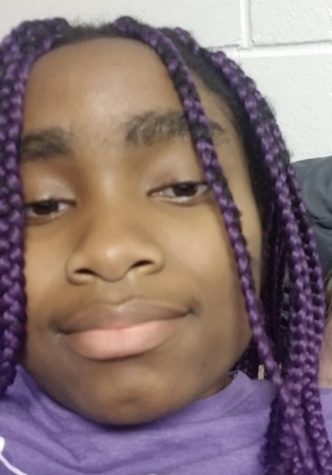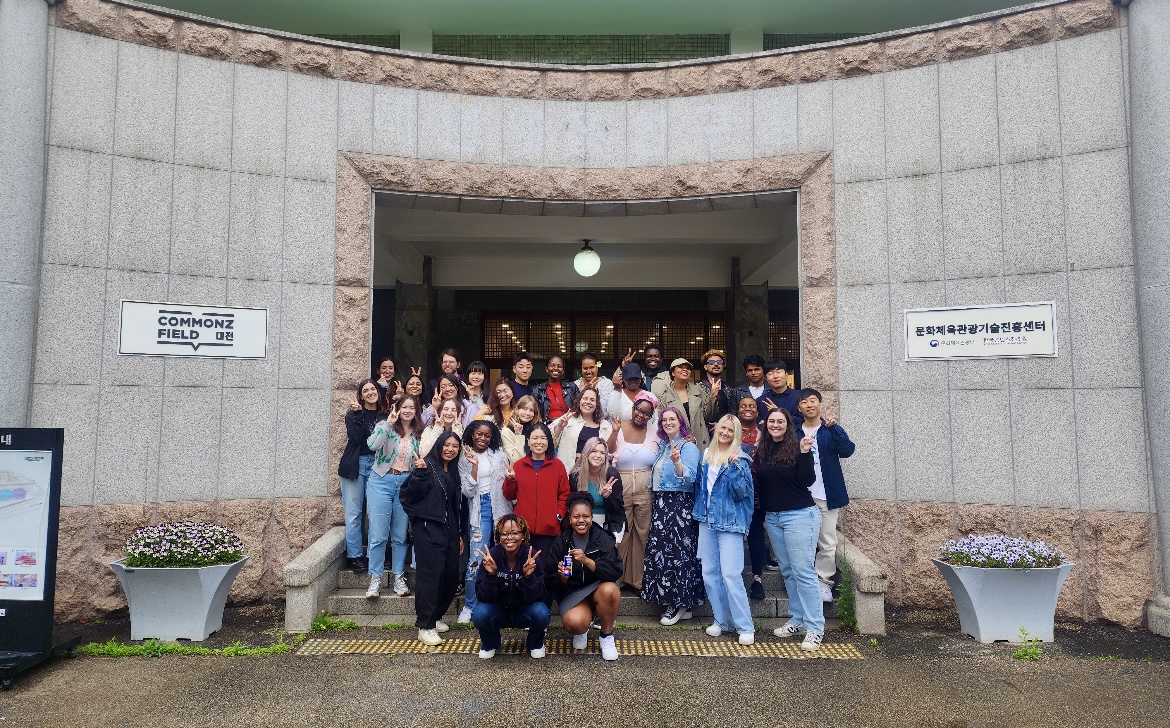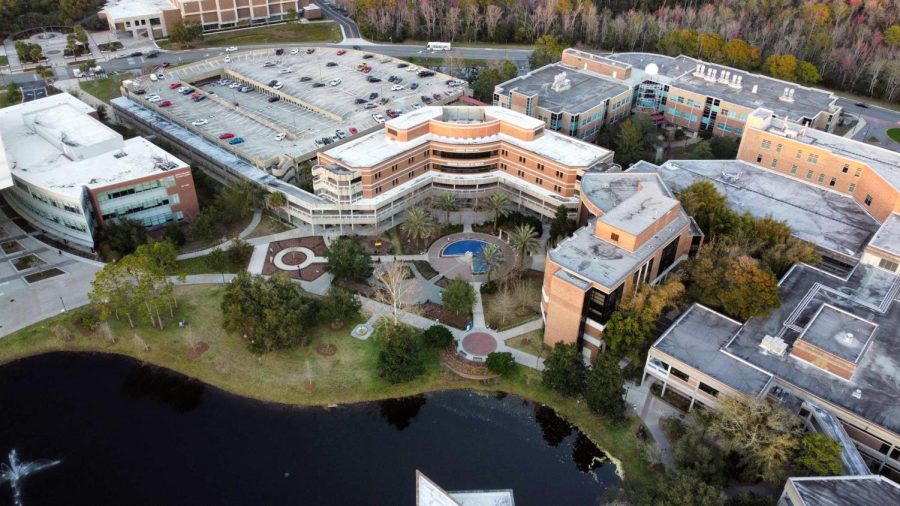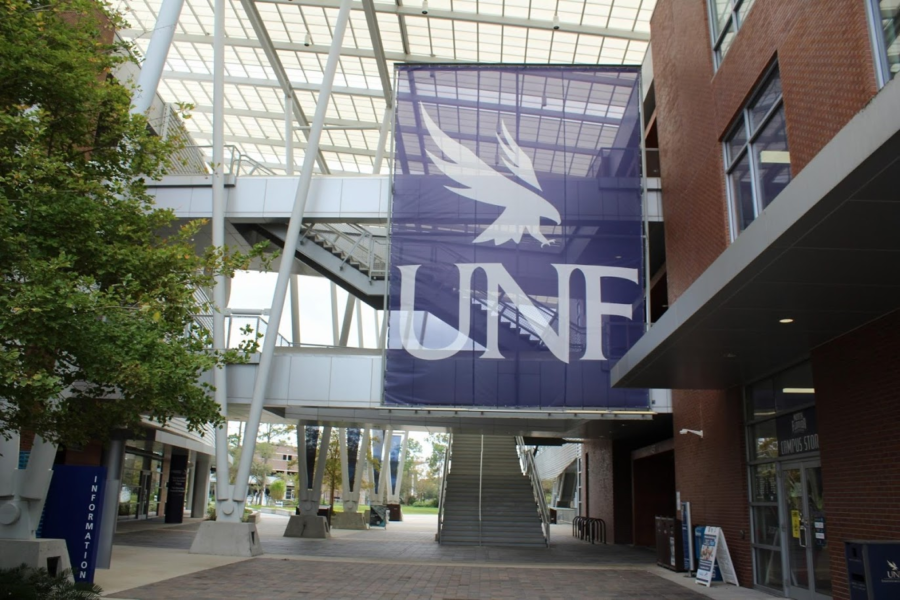Crystal Christopher was already overwhelmed dealing with medical and personal worries when COVID-19 emerged, and then suddenly everything in their life took a turn for the worse.
Christopher is a student at the University of North Florida majoring in communications with a concentration in multimedia production in journalism and goes by they/them pronouns. At the beginning of the year, they were in the same boat as all other seniors trying to complete the final milestones for their bachelor’s degrees. However, Christopher has always faced circumstances quite different from other people. They were born with a congenital condition called cerebral palsy that affects movement, posture and allover motor function. Oftentimes, people with this disorder require physical therapy and other treatments to help ease chronic pain and other afflictions associated with it. Most, like Christopher, are typically confined to a wheelchair and daily tasks that many take for granted are a struggle.

“It takes me a lot more energy to do things than it would the average person,” Christopher said. “Getting dressed, taking a shower and preparing meals are things I have to plan out and are only doable if I have certain accommodations.”
These challenges quickly transformed to potentially life-threatening obstacles in the face of the pandemic. Having cerebral palsy automatically put Christopher into the category of being immunocompromised, meaning if they are exposed to the virus they do not have as good of a chance of recovering as those without health issues.
“Many of my conversations have gone from cheerful to morbid,” Christopher said. “I have to tell people that if I get this I probably won’t survive. It’s hard keeping a smile while also being realistic.”
Before the coronavirus altered all aspects of daily life, Christopher started experiencing issues where they would get sick after eating certain foods. They attempted to seek out a gastroenterologist, but once the virus hit, there was suddenly no hope to have a regular doctor with many practices closing their doors. Currently, Christopher’s only way of getting food is having it delivered via DoorDash or Instacart, which is proving to be financially unsustainable.
On top of their medical worries, becoming homeless suddenly became a startling possibility in Christopher’s future with many students having to leave campus and go back to their places of permanent residence. Except, Christopher’s home life can be considered anything but permanent. Living with their mother and father who live in North Carolina is currently their back-up option if living on campus during the summer semester is restricted.
“The issue is my mom and dad don’t have the right accommodations in the house, and I could only really stay for a week at a time,” Christopher said. “It would mainly be a space for me to survive, but nothing close to thriving.”
On top of it all, the one vehicle that could transport Christopher and their motorized wheelchair to North Carolina is currently broken with no timeline of being fixed.
Christopher said the Department of Housing and Residence Life at UNF has been an invaluable resource as they try to reconfigure their life around the pandemic. Bob Boyle, the senior director of Housing and Residence Life at UNF, has been working with Christopher one-on-one to ensure they are getting the support they need. He declined to comment.
Even with Housing allowing Christopher to stay on campus until spring semester ends, they are still faced with uncertainty about their future every day.
“I can now only take certain parts of my day to think about everything because when I think about it all too much, I get intense chest pain, which could only lead to another medical worry,” Christopher said. “At this rate, all I can do is take it one day at a time.”
__
For more information or news tips, or if you see an error in this story or have any compliments or concerns, contact editor@unfspinnaker.com.













